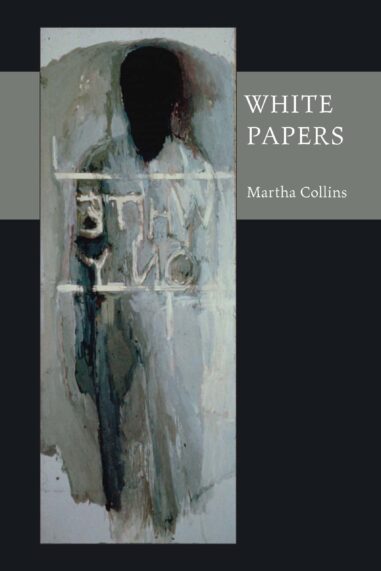White Papers is a series of untitled poems that deal with issues of race from a number of personal, historical, and cultural perspectives. Expanding the territory of her 2006 book Blue Front, which focused on a lynching her father witnessed as a child, this book turns, among other things, to Martha Collins' childhood. Throughout, it explores questions about what it means to be white, not only in the poetÆs life, but also in our culture and history, even our pre-history. The styles and forms are varied, as are the approaches; some of the poems address race only implicitly, and the book, like Blue Front, includes some documentary and “found” material. But the focus is always on getting at what it has meant and what it means to be white—to have a race and racial history, much of which one would prefer to forget, if one is white, but all of which is essential to remember and to acknowledge in a multi-racial society that continues to live under the influence of its deeply racist past.



